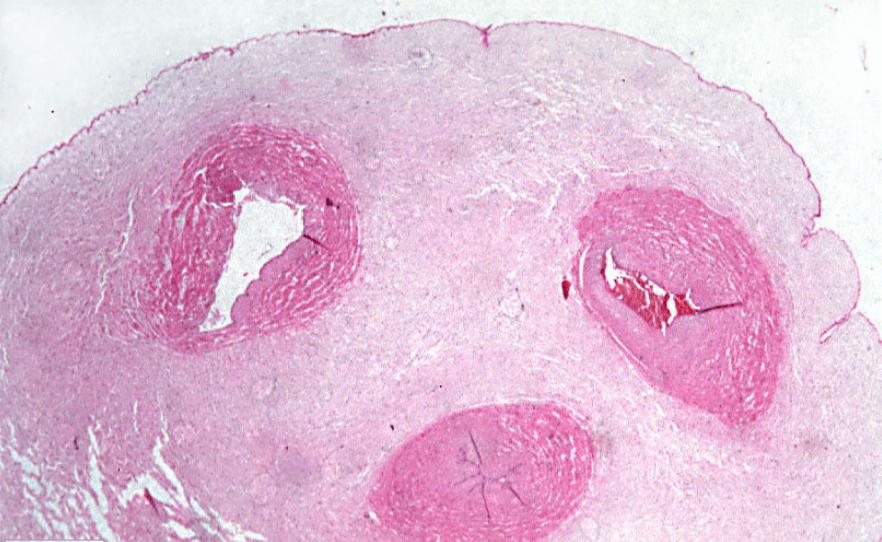A recent publication in BioMed Research International has reviewed the study on the potential benefits of Wharton’s jelly derived mesenchymal stem cells in treating a variety of diseases. According to the authors of the review, these stem cells can be collected during millions of births each year at the time of delivery. A huge advantage of this type of stem cell collection over other methods is that it is not associated with the adverse side effects associated with other collection methods, nor is it particularly invasive. Its collection is also highly efficient.
Other advantages of Wharton’s jelly derived mesenchymal stem cells are that collecting them does not raise ethical concerns and that the cells themselves proliferate rapidly. Some stem cells have a tendency to lead to tumors or are prone to cause immune reactions. Wharton’s jelly derived stem cells on the other hand appear to circumvent both of these problems, making them valuable for a variety of applications in medicine.
Mesenchymal stem cells, which are the basis for a number of stem cell therapies and the relevant research, may be limited in value when they have been collected from older patients. Some reasons for this limitation are disease, DNA damage, and oxidative stress.
The authors also provide information on the regulatory and logistics aspects to stem cells. They explain that quality management systems are already part of the stem cell therapy infrastructure, which ensures that Wharton’s jelly derived mesenchymal stem cells would be donated, processed, stored, and distributed with the same high standards that other stem cells undergo donation, processing, storage, and distribution. The same is also true, they say, for the procurement and testing of these stem cells. While there seem to be clear benefits of Wharton’s jelly derived stem cells, more research on the clinical applications of these cells will help researchers determine the overall value of these cells.
Learn more about the benefits of stem cell therapy here.


 St. Petersburg, Florida
St. Petersburg, Florida
